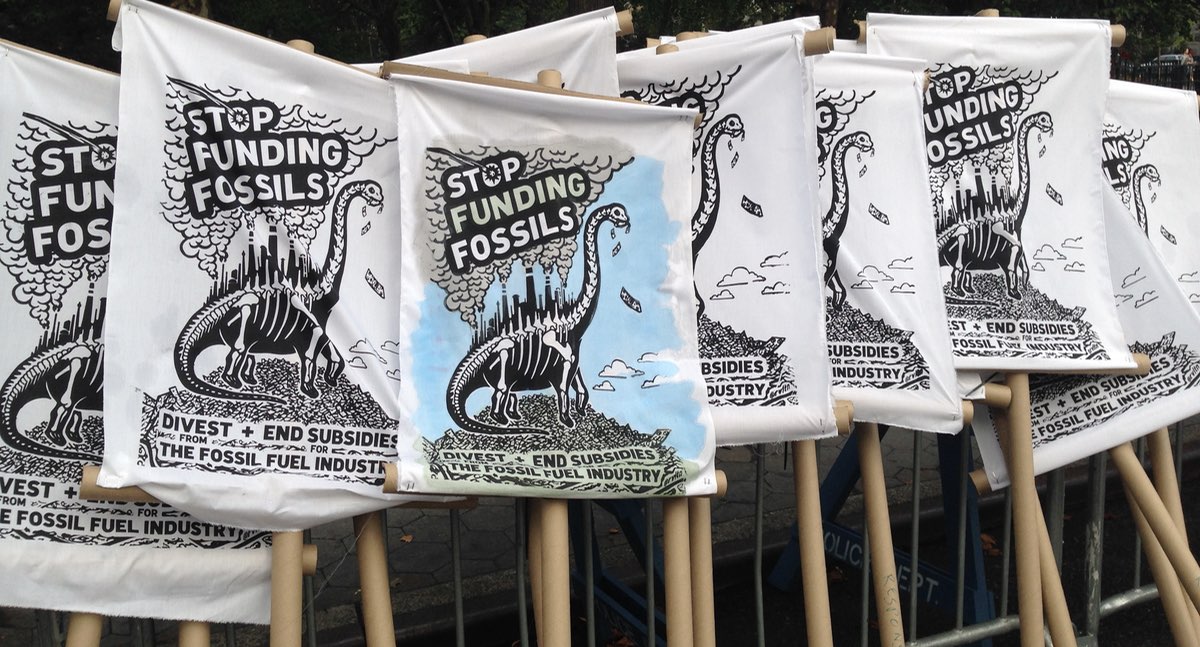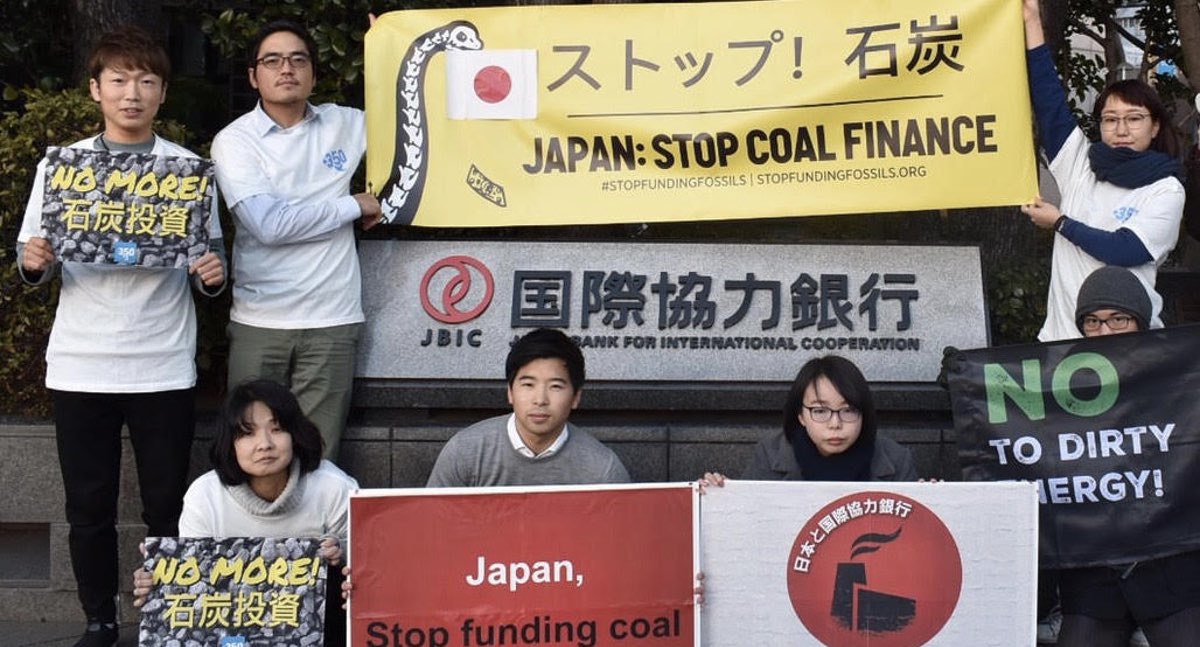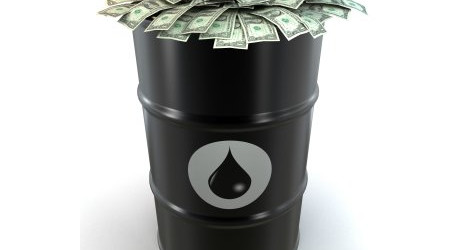STOP FUNDING FOSSILS
Our Stop Funding Fossils program uses critical analysis and strategic organizing to end the vast quantities of government support flowing to the fossil fuel industry and accelerate the clean energy transition.
Public finance and subsidies for fossil fuels play a key role in driving oil, gas, and coal production. Climate leadership means not wasting another cent of public money on the industries that are causing the problem.
OVERVIEW OF WORK
Our research shows that G20 governments spend $444 billion per year propping up oil, gas, and coal production, while the G20’s taxpayer-backed public finance institutions provide nearly 4 times more public finance to fossil fuels than to clean, renewable energy.
These massive subsidies play a key role in expanding oil and gas production and locking in existing fossil fuels: recent analysis finds that half of the new oil fields being drilled in the US would have remained undrilled if not for substantial subsidies; at the same time, public finance for fossil fuels de-risks capital-intensive megaprojects, like massive coal plants in Southeast Asia, few of which would proceed without government backing. And as oil, gas, and coal producers face increasing competition from renewable energy, instead of simply reducing fossil fuel production, they exert their political influence to get more handouts to keep extracting.
Instead of spending scarce public resources on the fossil fuel industry, our work challenges public institutions to scale up their support for distributed renewable energy solutions that can deliver energy access quickly and at least cost in many developing countries: today, support for these solutions makes up only a tiny fraction of all public finance for energy.
We know from the work of our Energy Transitions and Futures program that already-producing oilfields, gasfields, and coal mines hold enough carbon to take the world well beyond 1.5°C of warming and up to 2°C. This means that governments who’ve signed up to the Paris Agreement (that’s nearly everybody) shouldn’t spend another cent of public money on fossil fuels if they take their commitment seriously. We call on them to stop funding fossils.
LATEST PROGRAM POSTS
Members of Congress have taken almost $16 million from the oil, gas and coal industries so far in this 112th Congress. That puts this Congress on track to be the dirtiest ever.
The information comes to light as part of the latest update of DirtyEnergyMoney.com, a project of Oil Change International which uniquely refines and reveals campaign finance data from the Center for Responsive Politics. The work reveals a decade-long trend of the fossil fuel industry buying more and more influence on Capitol Hill. The full analysis is available here in pdf format.
Some disturbing details:
- The top ten dirtiest members of
After Mitt Romney’s latest victories in the Republican primaries in Wisconsin, Maryland and Washington DC, he is increasingly looking like securing his party’s nomination.
The former Massachusetts governor obviously thinks so and in his victory speech he completely ignored his Republican rivals to focus his ire on President Obama instead, calling him an “out-of-touch liberal”.
He also called himself a champion of "free people and free enterprise", adding that: "In Barack Obama’s Government-Centred Society, the government must do more because the economy is doomed to do less. When you attack business and vilify success, you will have less business and less success."
And
Earlier today President Obama challenged Congress to either stand with Big Oil, or stand with the American people. A vote on legislation introduced by Senator Robert Menendez (D-NJ) that would have eliminated over $2.4 billion in annual tax deductions to the top 5 oil companies was subsequently defeated a few hours later.
Once again Congress has voted with the money over the many.
The dirty details:
The 47 Senators that voted against repealing subsidies for the five biggest oil companies have taken four times more money in campaign contributions from oil since 1999 than the 51 senators who voted for the repeal. (The
Sen. Mitch McConnell claimed recently that the Keystone XL Pipeline “doesn’t require a penny of our taxpayer money all the president has to do is approve it.” But our research reveals many places that the pipeline project benefits from taxpayer subsidies.
The refineries that are linked to the Keystone XL tar sands pipeline as committed shippers will receive between $1 billion and $1.8 billion in tax breaks. They are paid specifically for investing in equipment to process the heavy sour oil the pipeline promises to deliver.
The largest of these refineries, Motiva, is half owned by Saudi Refining Inc., and will receive
LATEST PROGRAM RESEARCH
U.S. single biggest violator of CETP pledge, approving the most fossil fuel projects of any signatory for a total of almost USD $2.3 billion.
"Today’s announcement from the Netherlands, United Kingdom, Canada and many of their peers is a disappointment. At a time when we need rich country leaders to concretely expand their past ambition to secure a fair deal, these ministers are just regurgitating promises and initiatives that are now more than a decade old and have been so ineffective that fossil fuel handouts and profits continue to reach record levels."
Australia has joined a major international initiative to end international public finance for fossil fuels at an event held at the UK Government Pavilion today at COP28. Australia follows Norway, who also joined the initiative on Saturday.







